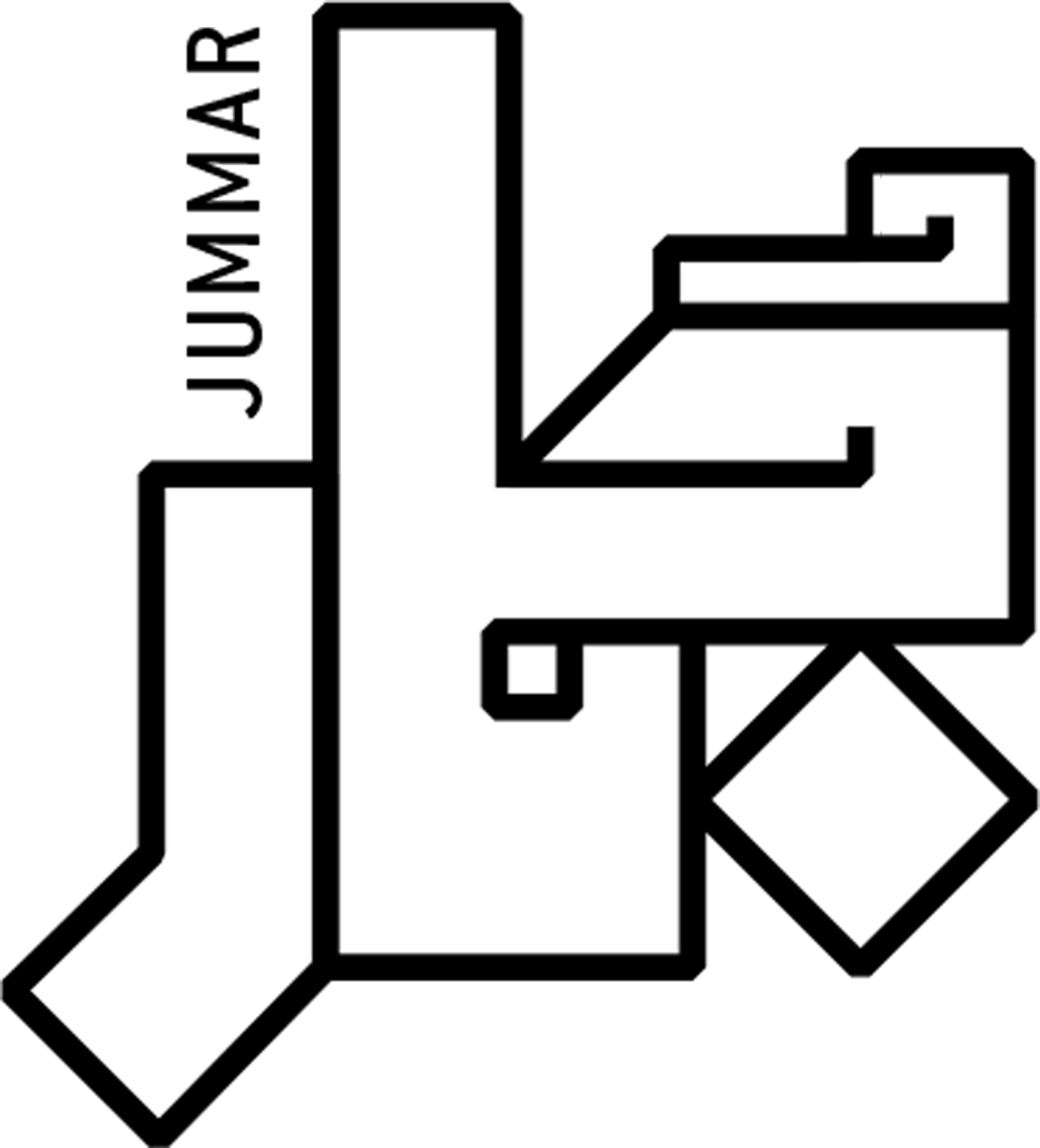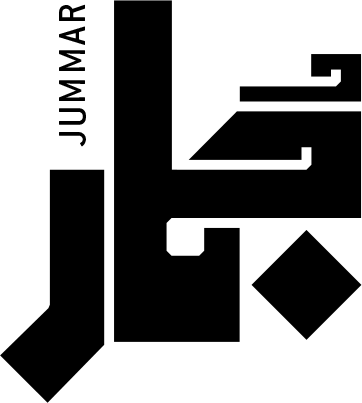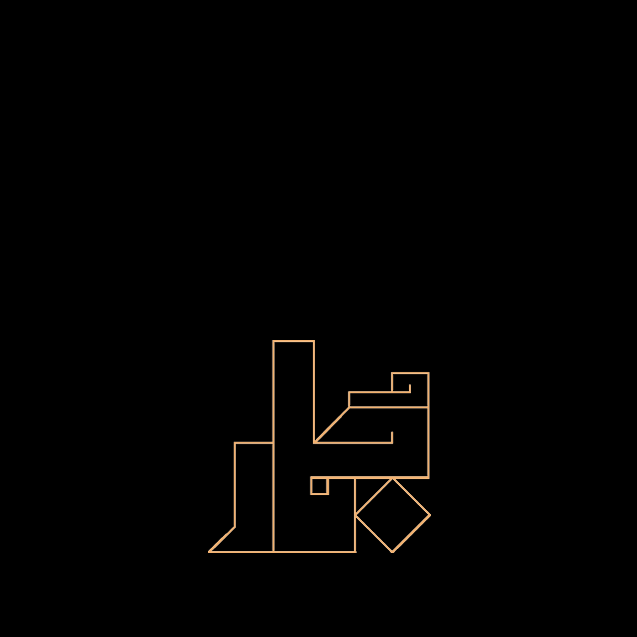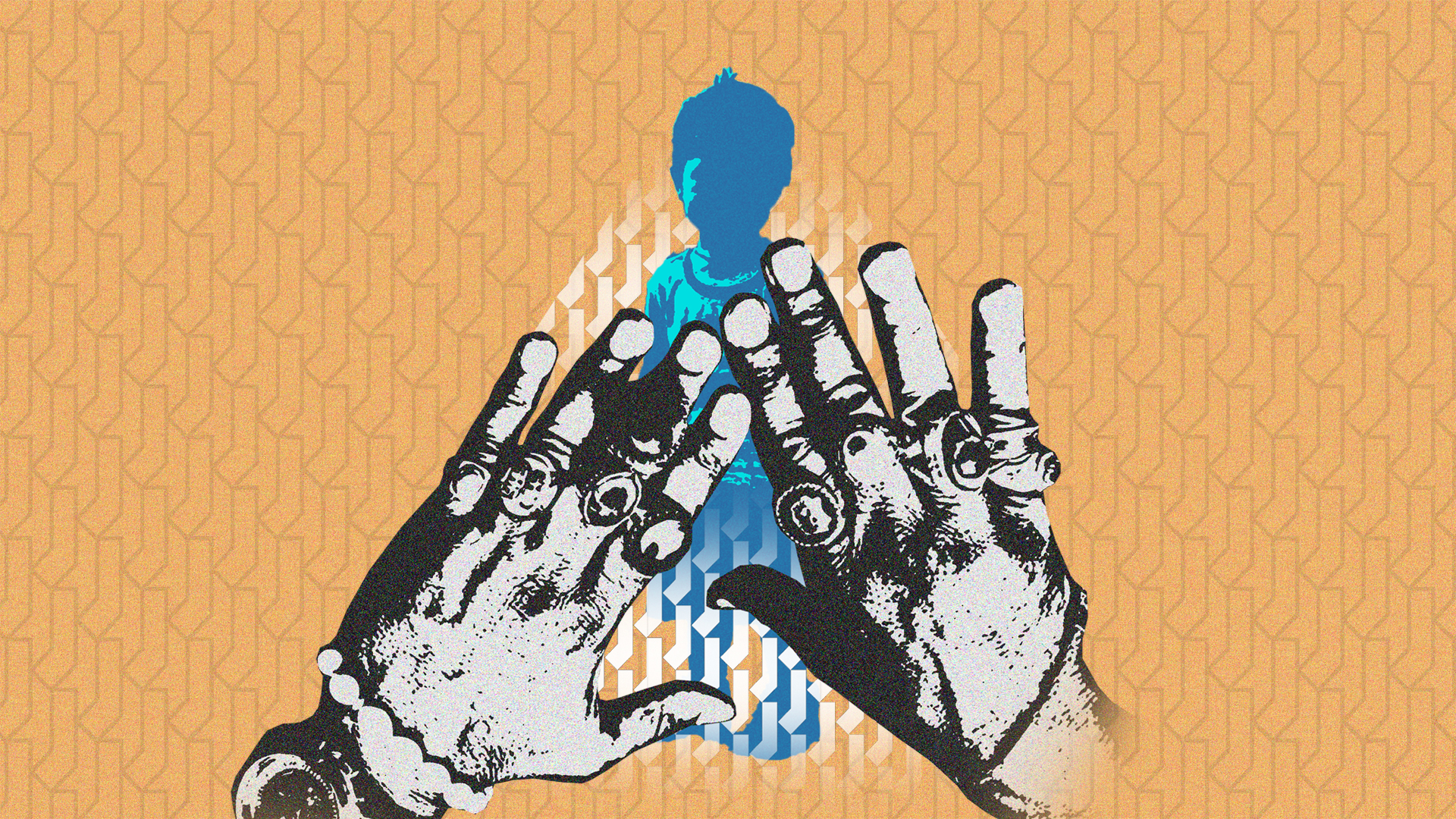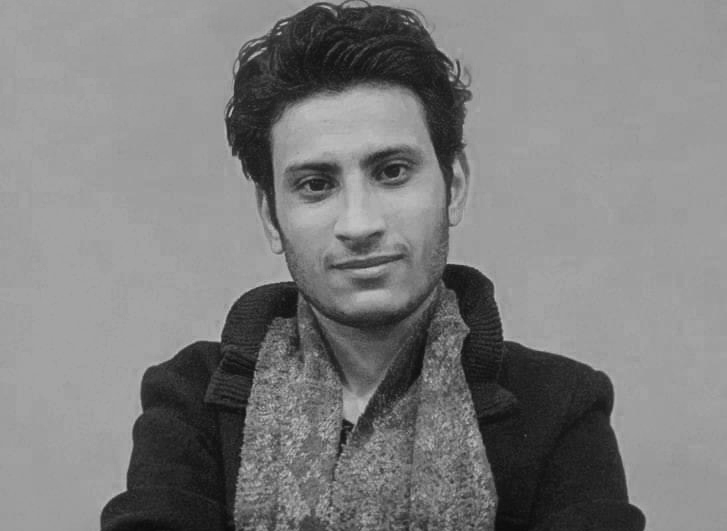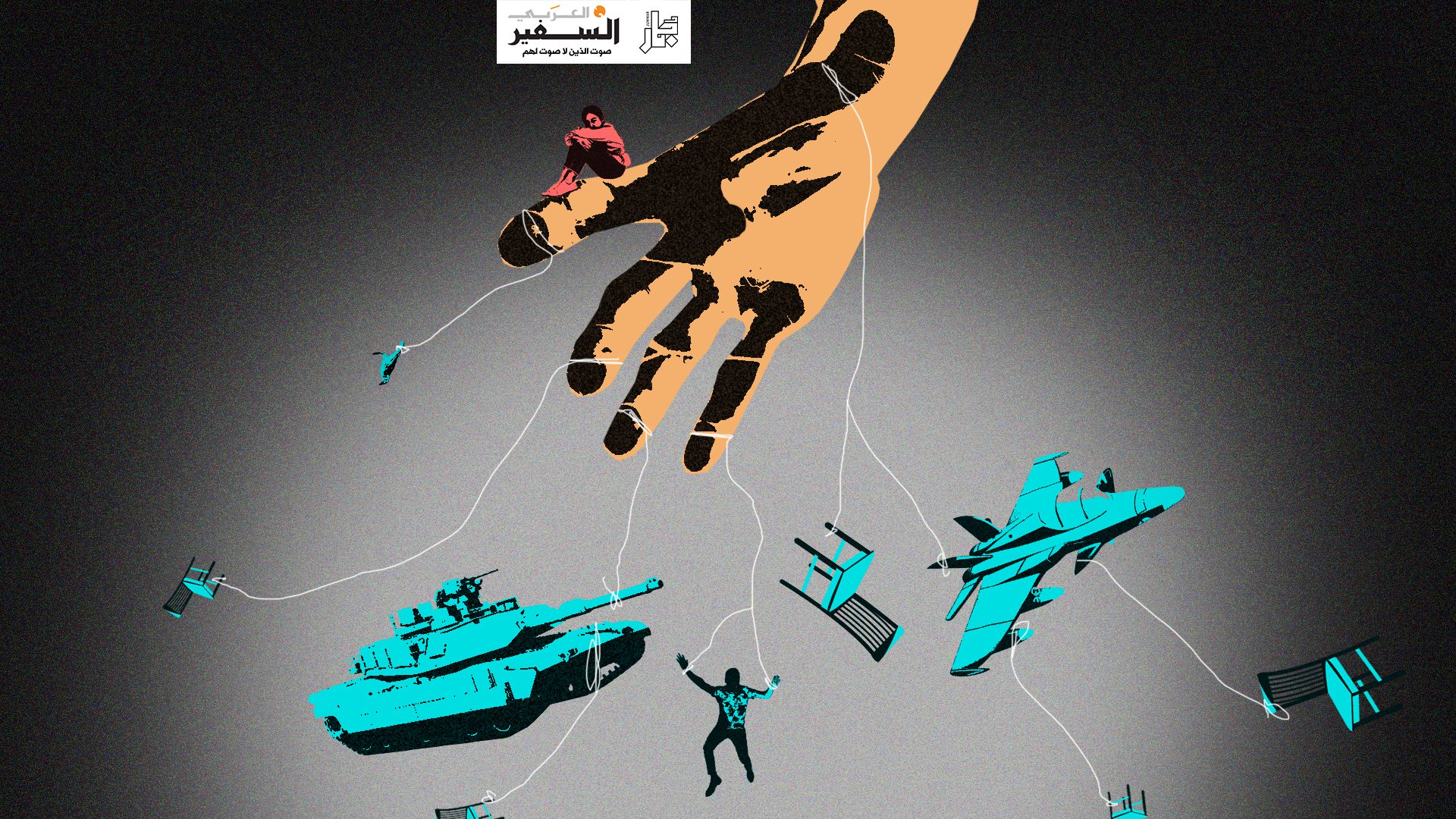The State of Beads: A life run by Beads and Gemstones
11 Oct 2022
The State of Beads. This state is made out of myths, legends, and beads. There are no policies, no plans, no actions. Everything that happens is a kind of innovation, a creativity, and a breach of reality presented by unseen forces
I do not remember the first time my mother took me to Sayed[1] Abu Sa’eed or to Mullah[2] Abu Sa’eed, where his wife welcomed us at the door. We entered the house full of dampness and prayer. Here the Sayed lay, in a narrow and pure room, the shape of which I do not remember well. I will never forget the shape of the mullah with his white beard and his white veil on his head as if he were an eternal cloud.
My mother took the initiative to explain my suffering from anxiety, lack of sleep and fantasies. He nodded, as if he had understood my mental map. Then he put his hand, full of wrinkles and faith, on my head and recited prayers and verses in a low voice. He then read over an aluminium bowl full of water, gave it to my mother, and told her that I should take a bath with it. Before we left, my mother squeezed some money into her hands and gave it to his wife. She refused at first, but my mother’s insistence was strong.
The Mullah was not my doctor, although almost all of my brothers have been healed through his hand and his words. Or at least that’s what my mother believed. I don’t remember whether I was cured after that. Or whether the childhood insomnia continued, but we – my mother and I – worked on all the details that Abu Sa’eed requested of us.
To a large extent, I think, it was from there, from the Sayed’s room, from that scene full of words and dampness, that my tale began. Myths, legends, the world of the unseen, and a belief in the magic of words, a story which is familiar to many children who are born with a traditional and worshipping mullah as we have with the Sayed of our street.
Friday is not an ordinary day, but rather a most vital and effective day, a day we do not go to school, and most importantly, the day I go with my grandmother on her favourite journey to Sayed Hamdallah. Sayed Hamdallah, according to my grandmother, was the one who stopped the bulldozers[3] which were set to demolish his shrine, located near the Ministry of Internal Affairs in Baghdad. People call him “Waggaf Aldozer”, the Dozer Stopper.
As my grandmother tell it, this gentleman used to work as a fishmonger. Once when a woman stole a fish from him, by the time she arrived home, that fish had turned into a snake. My grandmother tells a lot of stories about this Sayed. On many occasions we would visit his shrine. Entering his shrine gave me pleasure and joy, for the scene is not devoid of life and vitality. Families eat in the middle of a spacious green courtyard, and many birds revolve around it, catching what is scattered of rice. The most important aspect for me is the moment we leave the shrine when my grandmother buys me a bag of raisins, chickpeas and some sweets. This scene has, to a large extent, shaped my relationship with the world of the unseen.
The Democratic State of Beads
“A state of beads,” Sayed Obaid said as he closed the door and left, ending the political discussion that was taking place in the guest room. We were a group of relatives and friends quarrelling, rather than over a table, over the strange Iraqi misfortune. Politics has become the permanent table for the Iraqis. By creating this term, a state of beads, a special kind of curiosity in me was aroused, and I knew what he meant from the beginning. He was referring to the fact that this state is built on myths, legends, and beads (gemstones). There are no policies, no plans, no actions. Everything that happens is a kind of innovation, improvisation, and breach of reality provided by the unseen forces that are embedded in the hard stones.
Sayed Obeid used to say: “A prime minister is going around with his rosary all night, in order to make the decision to execute a group of terrorists!” He meant Ibrahim al-Jaafari, a former Iraqi prime minister from 2005 to 2006. This story has been retold by many people, including a family friend who works in the cabinet. He says that former Prime Minister Ibrahim al-Jaafari spent a whole night, praying with his rosary and doing Khira[4] in order to sign the execution of six terrorists. Apparently al-Jaafari remained waiting a sign from heaven, even though the court had already sentenced the perpetrators to death.
Khira or Istikhara is one of the ways that people make their fateful and at times simple decisions. It is the superstitious and primitive way through which business deals and marriage opportunities are analysed in this miraculous world in which we live.
In a video widely circulated on Facebook, the journalist, Dr. Hamid Abdullah, who had previously conducted a lengthy interview with the well-known politician Baqir Jabir Al-Zubaidi on Al-Ittijah TV channel, appeared, quoting Al-Zubaidi: “When I was the Minister of Internal Affairs, we had an important target from Al-Qaeda that we had defined. We were supposed to carry out an operation against this target. But we needed to obtain the approval of the Commander in Chief of the Armed Forces, who at that time was Dr. Ibrahim al-Jaafari. I explained the case to him, set the time to launch and told him that we needed his approval. Al-Zubaidi continued, “He said to me: Let me do Khira. If it’s good and encouraging, then depend on God and do the work.” Al-Jaafari pulled out the rosary, did the Khira and said to me: “Abu Muhammad, the Khira is not encouraging.” Later, the media office of Mr. Al-Jaafari issued a statement denying these statements.
Despite this denial, I started searching from that moment for the hidden thread linking the world of gems and beads to political decisions, trying to find a logical explanation for all the mismanagement that Iraq has suffered since 2003 until now. The search took me only a few weeks, until I found a story no less unbelievable than the al-Jaafari story. On this occasion, an elegant man came to me and behind him were bodyguards in black suits. My friend asked me, referring to the man who appeared to be in charge of the Iraqi state of beads. “Do you know this man?” I told him: No, but I think he is some high ranking official. He said: This is one of my relatives. He was a simple employee in his ministry. He is kind and gentle, but he is smart and skilled in rings and beads. When the former minister came and met the employees, of which my relative was one, he took advantage of the opportunity and twisted his ring around his finger. When he did this, the minister made him general manager. When the next minister was appointed, he became their deputy.
Many people believe in the power inherent in some of the beads in rings. The twisting of these beads grants wishes, according to some beliefs. My friend was speaking with some faith and confidence, but it was a story that seemed unreal. Because said person was supported by those political parties which make up the Iraqi system, seemingly now embroidered with gemstones and sustained through legends.
In another story, quoting an employee who witnessed how well-known Iraqi politician and former Minister of Communications, Riyad Ghareeb, was informed daily on the progress of work. “He visited his employees periodically and employees knew when he came and left. But things changed. The minister suddenly disappeared. We spoke to his office manager, knowing that the minister was not away for work, asking about his health. The office manager said: ‘The minister always prepares to come early in the morning to work. But on his way, he does Khira. If it is not good, he returns home.”
The stories kept coming, until I almost believed that if you put stones in your pocket, it could protect you from bullets, open up the path of power, or even facilitate your way to a women’s heart. This is what everyone believes, except for the rare few who disapprove of this strange alchemy.
Many Iraqis are scornful of former Prime Minister Nouri Kamel al-Maliki. Some call him Abu al-Sibbha, father of rosaries. It is said anecdotally that he worked as a rosary seller in Syria when he was opposed to Saddam Hussein’s regime. While its truth remains doubtful, it indicates the way that people integrated myths and legends into the structure of this system.
Someone might interpret this as confusion, chaos, improvisation, perhaps because of the beads. Undoubtedly, the matter does not seem entirely logical. However, the fact that some political decisions and actions – possibly even alliances – may have come about as a result of Khira taken by one of the Iraqi statesmen who appear on television studded with rings and words cannot be ruled out.
[1] An honourific title bestowed on those who are said to be descendants from Prophet Mohammed.
[2] An Islamic title for a clergyman or religious leader, sometimes also used for a person who has higher education in Islamic theology and sharia law.
[3] A bulldozer or dozer is a large, motorized machine equipped with a metal blade to the front for pushing material: like sand, snow, dirt… etc.
[4] The act of consulting God through prayer or using rosaries to decide their fate.
Read More
I do not remember the first time my mother took me to Sayed[1] Abu Sa’eed or to Mullah[2] Abu Sa’eed, where his wife welcomed us at the door. We entered the house full of dampness and prayer. Here the Sayed lay, in a narrow and pure room, the shape of which I do not remember well. I will never forget the shape of the mullah with his white beard and his white veil on his head as if he were an eternal cloud.
My mother took the initiative to explain my suffering from anxiety, lack of sleep and fantasies. He nodded, as if he had understood my mental map. Then he put his hand, full of wrinkles and faith, on my head and recited prayers and verses in a low voice. He then read over an aluminium bowl full of water, gave it to my mother, and told her that I should take a bath with it. Before we left, my mother squeezed some money into her hands and gave it to his wife. She refused at first, but my mother’s insistence was strong.
The Mullah was not my doctor, although almost all of my brothers have been healed through his hand and his words. Or at least that’s what my mother believed. I don’t remember whether I was cured after that. Or whether the childhood insomnia continued, but we – my mother and I – worked on all the details that Abu Sa’eed requested of us.
To a large extent, I think, it was from there, from the Sayed’s room, from that scene full of words and dampness, that my tale began. Myths, legends, the world of the unseen, and a belief in the magic of words, a story which is familiar to many children who are born with a traditional and worshipping mullah as we have with the Sayed of our street.
Friday is not an ordinary day, but rather a most vital and effective day, a day we do not go to school, and most importantly, the day I go with my grandmother on her favourite journey to Sayed Hamdallah. Sayed Hamdallah, according to my grandmother, was the one who stopped the bulldozers[3] which were set to demolish his shrine, located near the Ministry of Internal Affairs in Baghdad. People call him “Waggaf Aldozer”, the Dozer Stopper.
As my grandmother tell it, this gentleman used to work as a fishmonger. Once when a woman stole a fish from him, by the time she arrived home, that fish had turned into a snake. My grandmother tells a lot of stories about this Sayed. On many occasions we would visit his shrine. Entering his shrine gave me pleasure and joy, for the scene is not devoid of life and vitality. Families eat in the middle of a spacious green courtyard, and many birds revolve around it, catching what is scattered of rice. The most important aspect for me is the moment we leave the shrine when my grandmother buys me a bag of raisins, chickpeas and some sweets. This scene has, to a large extent, shaped my relationship with the world of the unseen.
The Democratic State of Beads
“A state of beads,” Sayed Obaid said as he closed the door and left, ending the political discussion that was taking place in the guest room. We were a group of relatives and friends quarrelling, rather than over a table, over the strange Iraqi misfortune. Politics has become the permanent table for the Iraqis. By creating this term, a state of beads, a special kind of curiosity in me was aroused, and I knew what he meant from the beginning. He was referring to the fact that this state is built on myths, legends, and beads (gemstones). There are no policies, no plans, no actions. Everything that happens is a kind of innovation, improvisation, and breach of reality provided by the unseen forces that are embedded in the hard stones.
Sayed Obeid used to say: “A prime minister is going around with his rosary all night, in order to make the decision to execute a group of terrorists!” He meant Ibrahim al-Jaafari, a former Iraqi prime minister from 2005 to 2006. This story has been retold by many people, including a family friend who works in the cabinet. He says that former Prime Minister Ibrahim al-Jaafari spent a whole night, praying with his rosary and doing Khira[4] in order to sign the execution of six terrorists. Apparently al-Jaafari remained waiting a sign from heaven, even though the court had already sentenced the perpetrators to death.
Khira or Istikhara is one of the ways that people make their fateful and at times simple decisions. It is the superstitious and primitive way through which business deals and marriage opportunities are analysed in this miraculous world in which we live.
In a video widely circulated on Facebook, the journalist, Dr. Hamid Abdullah, who had previously conducted a lengthy interview with the well-known politician Baqir Jabir Al-Zubaidi on Al-Ittijah TV channel, appeared, quoting Al-Zubaidi: “When I was the Minister of Internal Affairs, we had an important target from Al-Qaeda that we had defined. We were supposed to carry out an operation against this target. But we needed to obtain the approval of the Commander in Chief of the Armed Forces, who at that time was Dr. Ibrahim al-Jaafari. I explained the case to him, set the time to launch and told him that we needed his approval. Al-Zubaidi continued, “He said to me: Let me do Khira. If it’s good and encouraging, then depend on God and do the work.” Al-Jaafari pulled out the rosary, did the Khira and said to me: “Abu Muhammad, the Khira is not encouraging.” Later, the media office of Mr. Al-Jaafari issued a statement denying these statements.
Despite this denial, I started searching from that moment for the hidden thread linking the world of gems and beads to political decisions, trying to find a logical explanation for all the mismanagement that Iraq has suffered since 2003 until now. The search took me only a few weeks, until I found a story no less unbelievable than the al-Jaafari story. On this occasion, an elegant man came to me and behind him were bodyguards in black suits. My friend asked me, referring to the man who appeared to be in charge of the Iraqi state of beads. “Do you know this man?” I told him: No, but I think he is some high ranking official. He said: This is one of my relatives. He was a simple employee in his ministry. He is kind and gentle, but he is smart and skilled in rings and beads. When the former minister came and met the employees, of which my relative was one, he took advantage of the opportunity and twisted his ring around his finger. When he did this, the minister made him general manager. When the next minister was appointed, he became their deputy.
Many people believe in the power inherent in some of the beads in rings. The twisting of these beads grants wishes, according to some beliefs. My friend was speaking with some faith and confidence, but it was a story that seemed unreal. Because said person was supported by those political parties which make up the Iraqi system, seemingly now embroidered with gemstones and sustained through legends.
In another story, quoting an employee who witnessed how well-known Iraqi politician and former Minister of Communications, Riyad Ghareeb, was informed daily on the progress of work. “He visited his employees periodically and employees knew when he came and left. But things changed. The minister suddenly disappeared. We spoke to his office manager, knowing that the minister was not away for work, asking about his health. The office manager said: ‘The minister always prepares to come early in the morning to work. But on his way, he does Khira. If it is not good, he returns home.”
The stories kept coming, until I almost believed that if you put stones in your pocket, it could protect you from bullets, open up the path of power, or even facilitate your way to a women’s heart. This is what everyone believes, except for the rare few who disapprove of this strange alchemy.
Many Iraqis are scornful of former Prime Minister Nouri Kamel al-Maliki. Some call him Abu al-Sibbha, father of rosaries. It is said anecdotally that he worked as a rosary seller in Syria when he was opposed to Saddam Hussein’s regime. While its truth remains doubtful, it indicates the way that people integrated myths and legends into the structure of this system.
Someone might interpret this as confusion, chaos, improvisation, perhaps because of the beads. Undoubtedly, the matter does not seem entirely logical. However, the fact that some political decisions and actions – possibly even alliances – may have come about as a result of Khira taken by one of the Iraqi statesmen who appear on television studded with rings and words cannot be ruled out.
[1] An honourific title bestowed on those who are said to be descendants from Prophet Mohammed.
[2] An Islamic title for a clergyman or religious leader, sometimes also used for a person who has higher education in Islamic theology and sharia law.
[3] A bulldozer or dozer is a large, motorized machine equipped with a metal blade to the front for pushing material: like sand, snow, dirt… etc.
[4] The act of consulting God through prayer or using rosaries to decide their fate.
